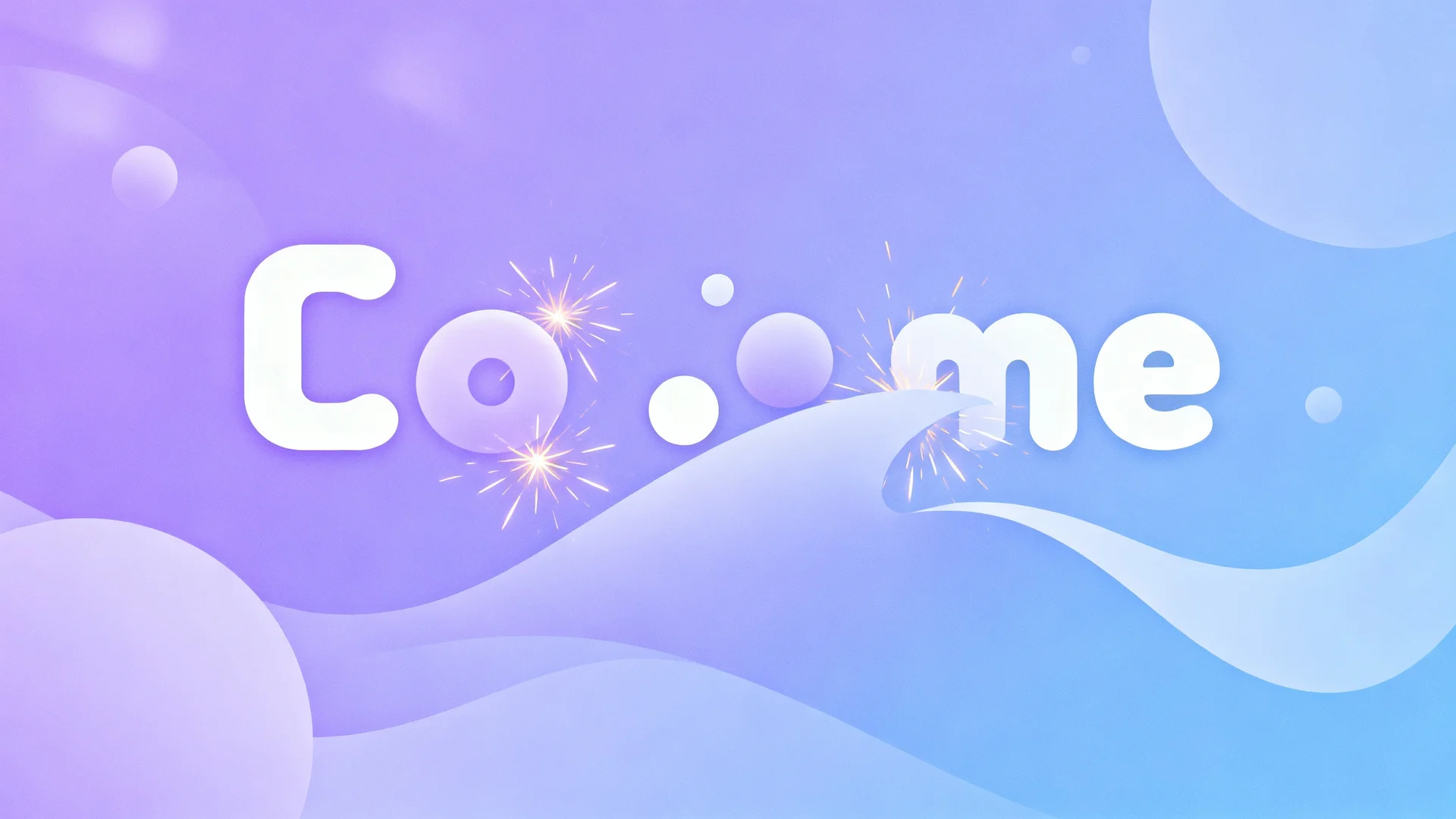
Loading...
Checking authentication...
Practice your pronunciation with interactive games and challenges.
Start PlayingThe word Collision finds its roots in the Latin collisio, derived from the verb collidere, meaning "to strike together." Early records from the 16th century reveal that the term initially described not only the physical act of striking but also metaphorically represented the meeting of ideas or forces. As English adopted the word, it retained this duality-encompassing both literal and figurative clashes.
As societies evolved, so did the usage of "Collision." Medieval texts might have used the term to illustrate spiritual or philosophical conflicts, while modern literature often uses it to depict sudden or jarring encounters. This evolution mirrors our changing worldview, where impact and encounter extend beyond the tangible to include social and cultural dynamics.
The fascinating aspect of the word Collision is its uncanny resemblance across various languages. In French, you will find "collision" pronounced similarly, showcasing how Latin’s influence crossed borders. In Spanish, "colisión" carries the same inherent meaning. Language enthusiasts will delight in noticing that despite pronunciation nuances, the core concept remains intact across these tongues.
Did you know that many languages have similar-sounding words for "collision" because of their shared Latin origins? This shared heritage not only eases the pronunciation for language learners but also opens a window into the interconnected evolution of European languages.
Today, Collision is more than just a term for accidents or violent meetings; it is a metaphor for moments when contrasting ideas create something entirely new. In music, art, and literature, a collision of genres has led to innovative works that defy traditional boundaries. Think of the fusion of classical elements with modern electronic beats-a true collision that produces fresh, unexpected harmonies.
One common misconception is that "collision" exclusively refers to physical events, like car crashes. In practice, however, it’s a versatile term. Here are a few usage tips:
For those curious about pronunciation, check out our pronunciation guide that explains every nuance of saying "Collision" correctly.
Language experts have long debated the transformation of terms like Collision as they leap from physics texts to everyday vernacular. Dr. Elaine Matthews, a renowned linguist, comments,
"Words like 'collision' remind us that language is not static; it is a living entity that adapts, collides, and creates meaning in unexpected ways."Such perspectives not only highlight the word's rich etymological heritage but also its exciting role in modern discourse.
To truly master the usage of "Collision," try these scenarios:
For additional help with pronunciation and understanding, you can view our detailed video guide that breaks down each sound.
In a world where ideas constantly intersect, the word Collision stands as a testament to the beauty of unexpected encounters. Whether you're exploring linguistic roots, debating cultural implications, or simply refining your pronunciation, the legacy of "Collision" offers endless avenues for discovery. As you continue your journey in mastering English, consider how each new word, each new sound, may itself be the result of a creative collision between diverse influences.
What new meanings will you discover when your world of ideas collides with others? Engage with us on this exploratory journey and share your own experiences with linguistic collisions.